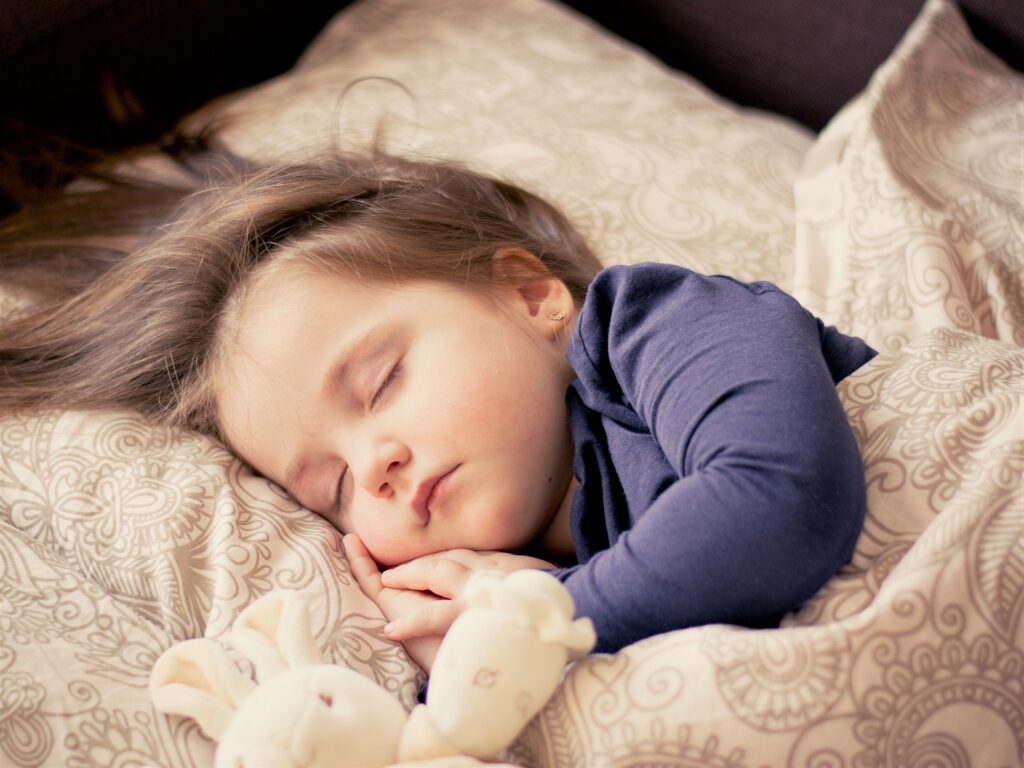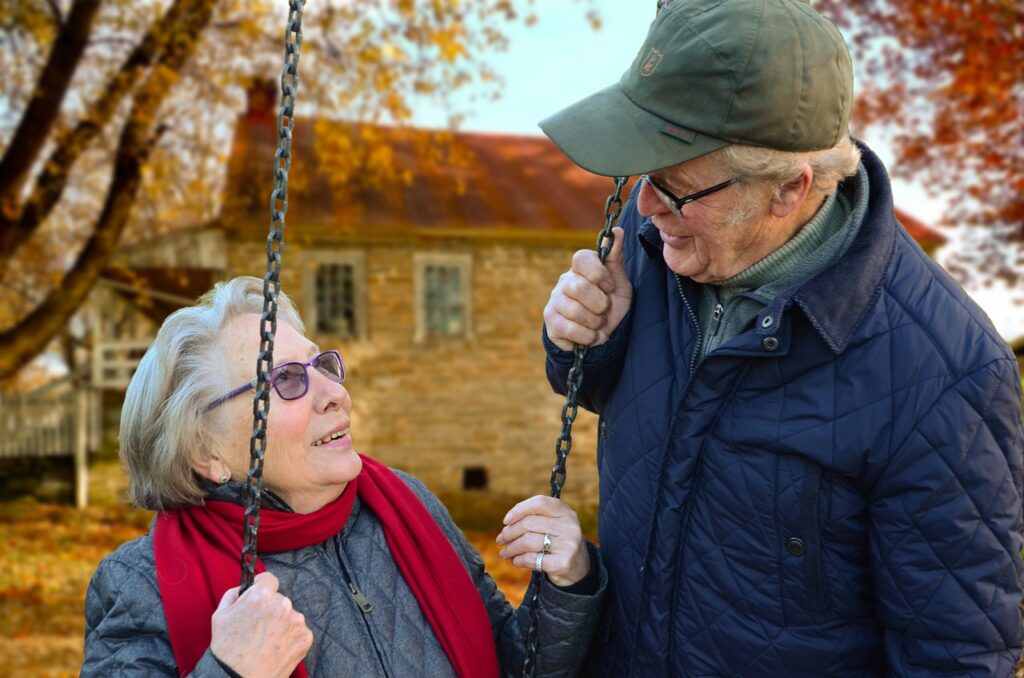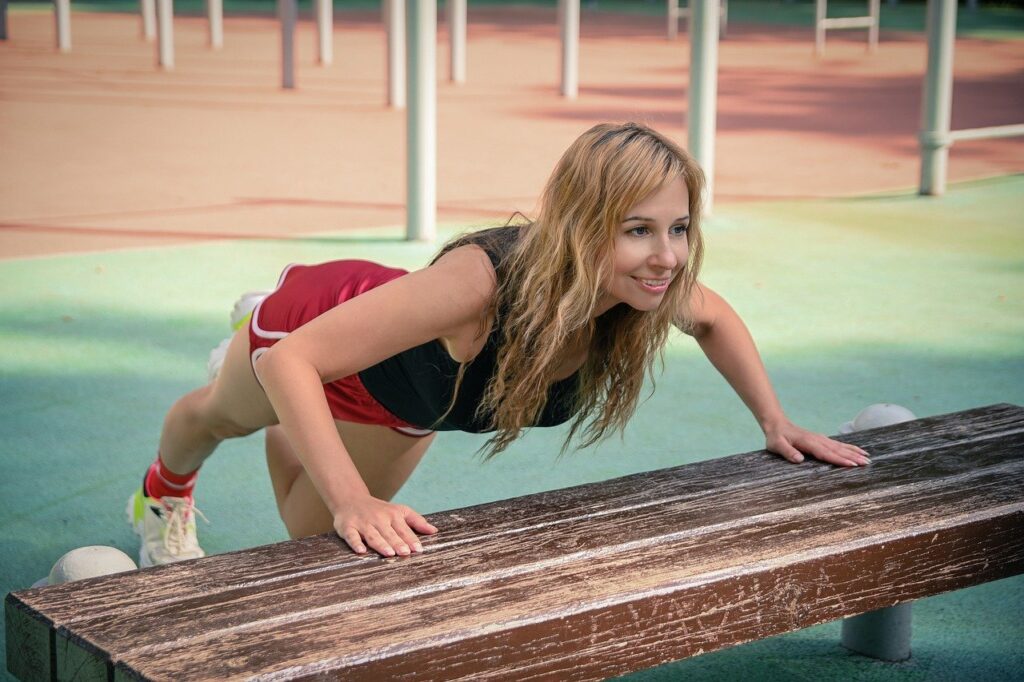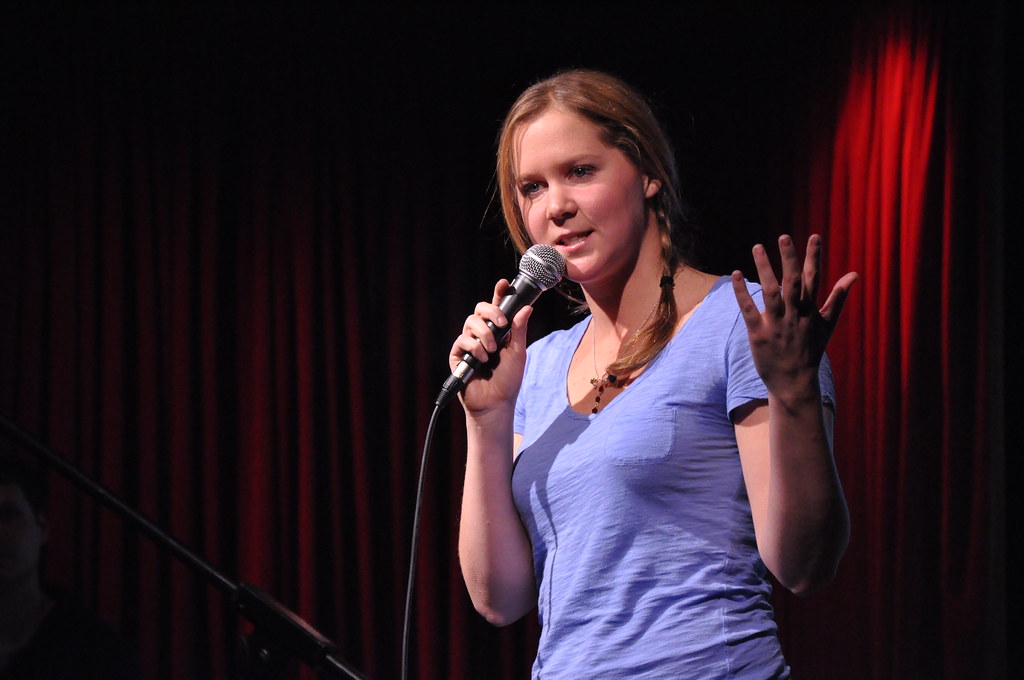In a revelation that has sparked concern among healthcare professionals and parents alike, a recent study has found that unsafe sleep practices were a factor in more than three-quarters of Sudden Unexpected Infant Deaths (SUID) in the United States. This study, which analyzed 7,595 infant deaths across 23 jurisdictions from 2011 to 2020, underscores the critical need for comprehensive safe-sleep education for new parents.
The study, published in the journal Pediatrics, highlights that almost 60% of the infants were sharing a sleep surface, such as a bed, at the time of their death. Sleep experts have long discouraged this practice due to the risk of a parent or bed partner unintentionally rolling over and suffocating the baby. The infants who died under these circumstances were often less than 3 months old, non-Hispanic Black, publicly insured, and in the care of a parent or someone impaired by drugs or alcohol at the time of death.
Fern Hauck, MD, MS, a researcher and safe-sleep expert at UVA Health and the University of Virginia School of Medicine, expressed alarm at the prevalence of hazardous sleep practices. She emphasized that these are known risk factors for SUID and that there is a pressing need to work with families to increase acceptance of recommendations for creating safer sleep spaces for infants.
The study’s findings also shed light on other practices associated with SUID, such as prenatal smoking, which was reported in over 36% of mothers whose infants died. This rate was even higher among mothers who shared a bed with their infant. Interestingly, the rates of breastfeeding, which is thought to have a protective benefit, were similar among both bed sharers and non-bed sharers.
It was noted that bedsharing was rarely the sole risk factor present at the time of an infant’s death. This points to the complexity of SUID cases and the importance of addressing multiple factors when educating the public about safe-sleep practices. The researchers advocate for comprehensive safe sleep counseling for every family at every encounter with healthcare providers, not just inquiring about the infant’s sleep location.

The study also calls for healthcare providers to ensure that parents have the means to follow safe-sleep practices after leaving the hospital. For instance, some families may lack the resources to buy a crib or bassinet, and hospitals could guide them to available assistance.
The SUID research team, consisting of Alexa B. Erck Lambert, Carrie K. Shapiro-Mendoza, Sharyn E. Parks, Carri Cottengim, Meghan Faulkner, and Hauck, has no financial interest in the work. Their dedication to this research is driven by the concern that SUID rates in the U.S. remain higher than in most other countries, which Hauck deems unacceptable.
The study’s findings are a clarion call for action. They highlight the need for a concerted effort to educate and support families in adopting safe-sleep practices. As Hauck poignantly states, it is imperative for clinicians and others caring for infants to engage in thoughtful conversations with families at risk. By understanding the barriers to following safe-sleep guidelines and collaborating to overcome them, we can work towards reducing the tragic occurrences of SUID.
Related posts:
Study reports multiple unsafe sleep practices at play in most Sudden Unexpected Infant Deaths
Multiple Unsafe Sleep Practices Found in Most Sudden Infant Deaths



